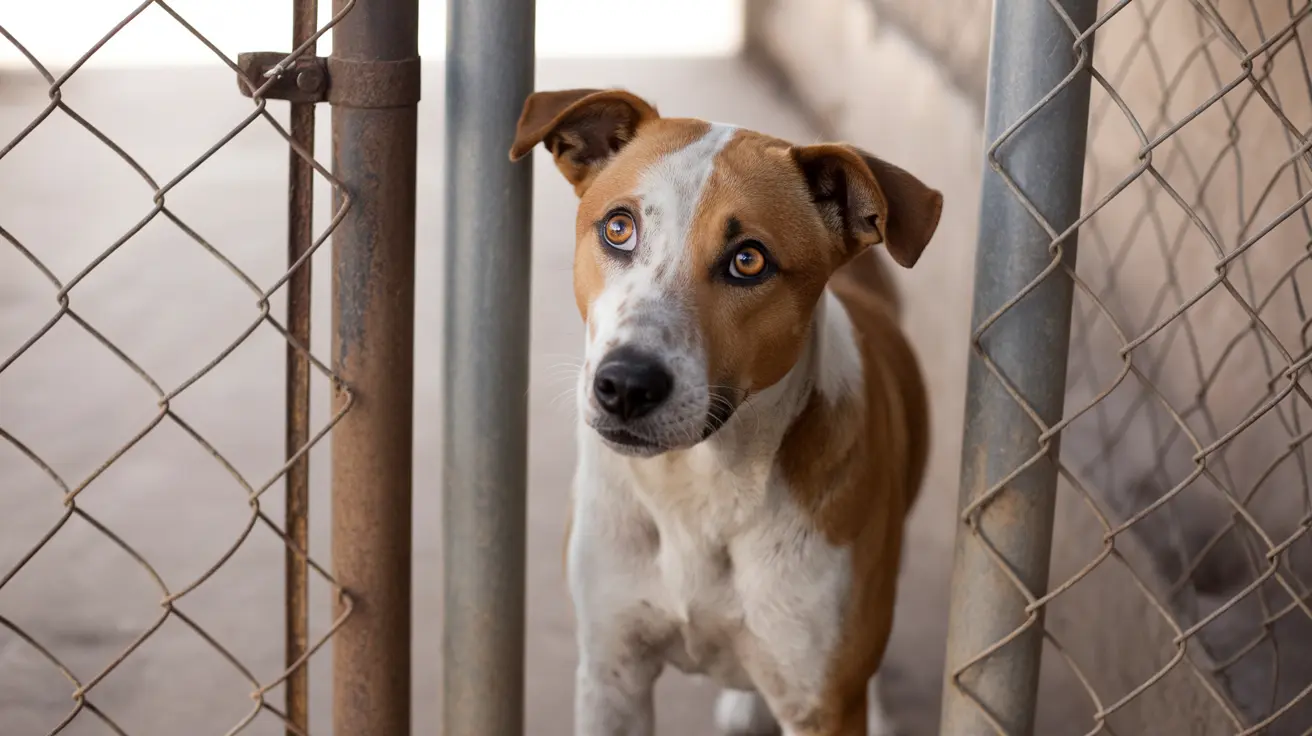The St. Joseph Animal Shelter is experiencing a severe shortage of dog and cat food, creating an urgent crisis that demands immediate community support. Located in St. Joseph, Missouri, this vital animal welfare organization is struggling to meet the basic nutritional needs of the countless cats and dogs in their care as economic hardships continue to impact both pet owners and animal shelters across the region.
This critical shortage comes at a time when shelters nationwide are witnessing increased surrender rates and reduced donation levels. The situation at St. Joseph Animal Shelter highlights a broader challenge facing animal welfare organizations as they work to provide essential care during increasingly difficult economic times.
Understanding the Shelter Pet Food Crisis
The current pet food shortage at St. Joseph Animal Shelter stems from multiple converging factors. Economic pressures have led to reduced community donations while simultaneously increasing the number of animals requiring care. Rising pet food costs have made it more expensive for shelters to maintain adequate supplies, while inflation affects both the shelter's purchasing power and donors' ability to contribute.
Animal shelters typically rely on a combination of community donations, grants, and purchasing agreements to maintain food supplies. When donation levels drop significantly, shelters must redirect funds from other critical programs to cover basic needs like nutrition, potentially impacting medical care, facility maintenance, and enrichment programs.
Puppy Intake Increase 2025 Creates Additional Strain
One particularly concerning trend contributing to the shortage is the marked increase in puppy and kitten surrenders. Young animals require specialized nutrition and more frequent feeding schedules, placing additional demands on already strained food supplies. The surge in young animal intake reflects broader economic challenges affecting pet owners' ability to provide proper care during the crucial early months of their pets' lives.
Puppies and kittens also require different types of food compared to adult animals, necessitating varied inventory management and increasing overall supply costs. This demographic shift in shelter populations requires shelters to maintain larger, more diverse food supplies to meet the nutritional needs of animals across all life stages.
Community Support Animal Shelters Need Most
The St. Joseph Animal Shelter is actively seeking donations of dry and canned pet food, with preferences for trusted brands like Iams and Purina that provide balanced nutrition for shelter animals. Beyond food, the shelter also welcomes donations of cleaning supplies, collars, leashes, and other essential pet care items that help maintain facility operations.
Foster care animal shelters programs represent another critical area where community members can make a significant impact. By temporarily housing animals, foster families help reduce shelter overcrowding while providing personalized care that helps animals become more adoptable. This support is particularly valuable for young animals, pregnant mothers, and pets recovering from medical procedures.
Volunteer Opportunities and Long-Term Support
Animal shelter volunteer opportunities Missouri residents can explore extend beyond direct animal care. The Friends of the Animal Shelter organization provides ongoing support through fundraising events, donation drives, and community outreach programs. Volunteers can assist with administrative tasks, facility maintenance, transportation, and special events that raise awareness and funds.
Programs like "Digs for Dogs" demonstrate innovative approaches to community support by providing outdoor pet supplies that enhance animal welfare. The "Partners in Paws" program creates sustainable donor relationships that provide consistent support throughout the year, helping shelters manage seasonal fluctuations in donations and intake rates.
Making a Lasting Impact
Pet food donation drives organized by local businesses, schools, and community groups can provide substantial relief during critical shortage periods. These coordinated efforts not only address immediate needs but also raise awareness about ongoing shelter challenges and the importance of spay/neuter programs in managing pet overpopulation.
Community members can also support shelter operations through adoption, which creates space for new arrivals and reduces long-term care costs. Every successful adoption represents both a life saved and resources freed up to help other animals in need.
Frequently Asked Questions
Why is the St. Joseph Animal Shelter experiencing a shortage of dog and cat food?
The shelter faces shortages due to increased animal intake, rising pet food costs, and reduced community donations amid economic hardships impacting families and pets.
How can I help the St. Joseph Animal Shelter with their pet food shortage?
You can donate dry and canned pet food (Iams and Purina preferred), cleaning supplies, collars, leashes, and other needed items directly to the shelter or through their website and volunteer in fostering and fundraising efforts.
Why are more puppies and kittens being surrendered to shelters in 2025?
Economic challenges, housing instability, increased cost of pet care, and rising inflation have forced many families to surrender young pets they cannot care for, leading to increased shelter intake.
The St. Joseph Animal Shelter's current crisis reflects challenges facing animal welfare organizations nationwide. Through community support, donations, and volunteer efforts, this vital resource can continue serving the pets and families who depend on their services. Every contribution, whether food, supplies, time, or financial support, helps ensure that shelter animals receive the care they deserve while awaiting their forever homes.






